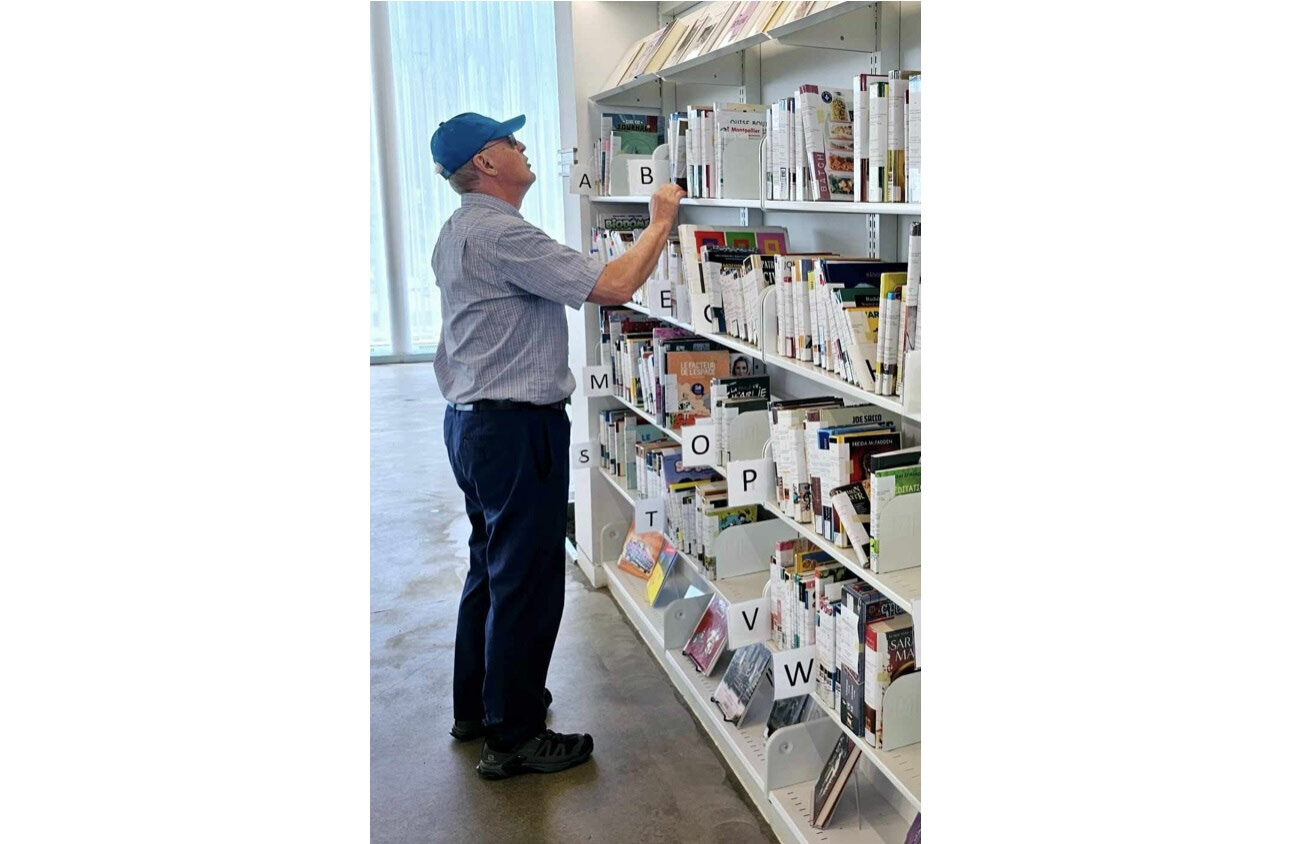Inflation forces Quebec seniors into stark choices
Tashi Farmilo
Inflation in Quebec has reached unprecedented levels, leaving many seniors facing impossible choices between essential needs like housing, food, and medication. A recent survey conducted by the Association québécoise des retraité(e)s des secteurs public et parapublic (AQRP) highlights the severe financial challenges that Quebec’s elderly population is enduring.
The survey reveals that a senior who retired in 2017 at the age of 62 and relies on the Old Age Security (OAS) pension, the Guaranteed Income Supplement (GIS) for singles, and the solidarity tax credit, would have a total income of $24,715 in 2024. However, to live comfortably in Quebec, a single person needs at least $30,738 annually, according to the Institut de recherche et d’informations socioéconomiques (IRIS). This leaves a gap of $6,023, or 24.38%, between what seniors have and what they need, pushing many into difficult financial situations.
Paul-René Roy, the provincial president of the AQRP, expressed deep concern over these findings. “It is truly unfortunate that seniors have to choose between paying their rent or buying their medication, especially during a period of high inflation,” he said. Even those aged 65 and over who qualify for government assistance are being forced to cut back on basic necessities to make ends meet, highlighting the harsh reality faced by Quebec’s elderly population.
Adding a regional perspective, Diane Wheatley, Regional Seniors’ Coordinator at the Connexions Resource Centre in Gatineau, emphasized the challenges specific to the area. “Many seniors in our community are struggling not just with the rising costs of basic necessities, but also with everyday tasks,” Wheatley explained. “For instance, something as simple as changing a lightbulb can become a significant issue when it’s difficult to find affordable help. The cost of services is rising, and many seniors on fixed incomes are finding it harder to maintain their homes.”
Wheatley also pointed out the growing difficulties in accessing affordable housing in the Outaouais region. “The waitlist for subsidized housing is long, and many seniors are left in a precarious situation, having to choose between paying rent and covering other essential expenses,” she said. With the average rent for a one-bedroom apartment in Gatineau now approximately $1,700 per month, these financial pressures are only increasing.
The AQRP survey also sheds light on the struggles of experienced workers, particularly those without comprehensive pension plans. Retirees at age 65, who have saved diligently through Registered Retirement Savings Plans (RRSPs), face the bleak prospect of their savings depleting entirely by the time they reach 92, under realistic inflation scenarios. If they continue working until 69, their assets might last until about age 83, but ultimately, their savings diminish, leaving them vulnerable in their final years.
“Inflation acts like a bottomless pit, forcing experienced workers to delay their retirement, fearing they won’t have enough to survive into their 90s,” Roy lamented. The situation deprives many of the freedom to retire comfortably, trapping them in a continuous struggle to preserve their financial stability against the relentless rise in the cost of living.
In response to these findings, the AQRP is calling on Quebec’s Finance Minister, Éric Girard, to index pension plans to inflation. As inflation rises, non-indexed or partially indexed pensions fail to keep up with the costs of goods and services. The AQRP study highlights that properly indexed pensions provide significant protection against income loss over time, even when inflation rates seem modest.
Roy and Wheatley both stress the importance of government intervention. Roy urges the Quebec government to halt the enactment of special laws that reduce or eliminate pension indexation, warning that such measures weaken retirement plans and pose a clear threat to the income security of seniors. Without adequate indexation, the rising cost of living will continue to erode retirees' standard of living, making it crucial for policymakers to address this issue and safeguard the financial well-being of Quebec's ageing population.
Photo caption: Rising inflation is forcing Quebec seniors to choose between essential needs like housing and medication, while also compelling experienced workers to delay retirement due to fears of financial instability.
Photo credit: Tashi Farmilo

